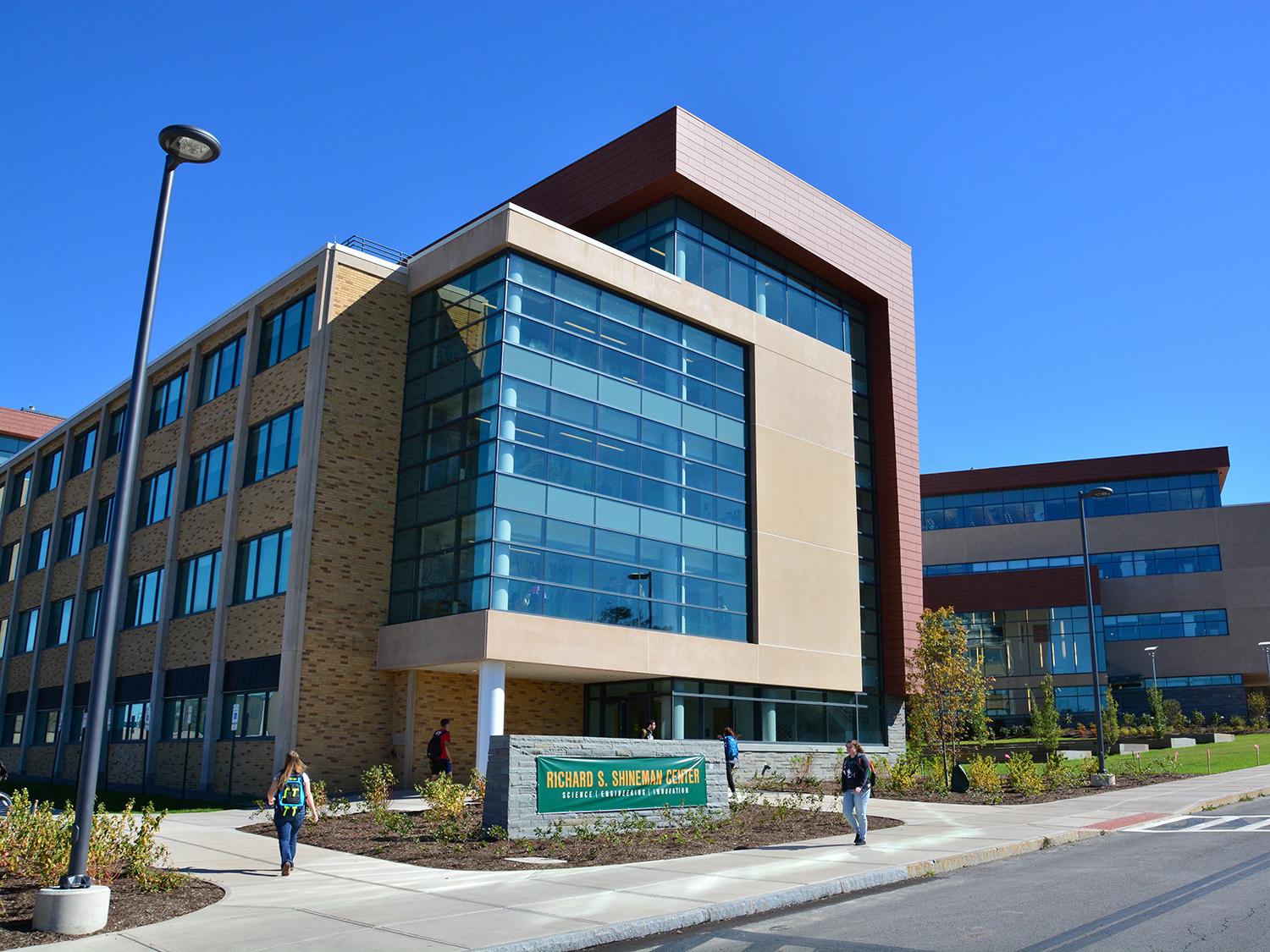Biology major Quinn Jones will present his research related to cell migration in the human body as part of 2024 Quest proceedings on Wednesday, April 17.
This session -- part of a series of biological sciences studies at 11 a.m. in room 122 of the Shineman Center -- is one of many presentations, posters and performances in the annual celebration of scholarly and creative activities.
Jones’ research centers on directed cell migration, which involves the movement of cells while undergoing cellular processes, relating most notably to combatting diseases like cancer.
Jones said that he has been doing the research with professor Yulia Artemenko for about two years, and that they are looking for something in particular.
“So we’re really interested in how [cells] move, how they’re able to move, and what causes them to move,” Jones said. “For example, [with] cancer cells, when they metastasize and move to secondary locations, they have to migrate in a very specific way.”
Jones said that he is working on an undergraduate honors thesis for this.
“I’ll be presenting a 40-page thesis in May and defending that thesis to the biology department,” Jones said.
This project has featured many interesting discoveries, Jones said.
“Right now, we have a group of genes called actin genes that we think are playing a role in our mutants and their disrupted migration,” Jones said. “We haven’t totally confirmed that yet because actin genes are pretty ubiquitous and pretty common.”
Combatting cancer
Ultimately, in directed migration processes, there is hope that these will help to control the spread of certain cells that contain dangers to the body. Jones said that he is looking to understand more about these.
“The overarching implications for migration research is for things like cancer, like immunology, [and] being able to control the spread of certain cells,” Jones said.
Jones said that he is collecting information to learn more about the results of a certain gene.
“The gene I might identify this spring may not be a groundbreaking scientific discovery, but in general, the more we understand about what genes are regulating movement, the more information we have to combat diseases like cancer,” Jones said.
Jones’ Quest presentation will cover what he has been doing over the past year with this project.
“That presentation is going to include talking about the model organism we use,” Jones said. “It’s called dictyostelium discoideum. I talk a lot about the methods that we use to actually create these mutants, because actually making the mutant cells took a long time.”
Jones will explain the process of successfully replicating the cells’ behavior.
“That involves taking a foreign piece of DNA that doesn’t belong to the dictyostelium cells and inserting it into their cells [and] making sure it’s getting integrated into the genome,” Jones said. “And then from there, I have to isolate all the genomic DNA from the cells, send them to a company for sequencing. I’ll be talking about the amoeba cells [and] I’ll be talking about the process of generating those mutants.”
Jones said that one of the biggest parts of this project is to characterize the mutant cells.
“Running things like migration assays, adhesion assays and looking at those mutant cells and comparing them to regular cells and sort of quantifying how much they’re spreading, how much they’re moving, [and] how much they’re sticking,” Jones said. “Then the end of that presentation has to do with the actual computer science going into the sequences and finding the gene that actually mutated.”
Exploring Quest
For Quest, Jones said that he hopes that people can see different opportunities for undergraduate research at the university.
“There’s a lot of schools that don’t have professors that are this hands-on,” Jones said. “The chemistry and biology departments are super good about recruiting research assistants and fostering a real community that’s curious and really cares about science.”
Jones said that he thinks Quest presents a great opportunity for attendees to learn.
“I think anyone can come and walk away from a presentation learning a little something new about science in general, whether that’s how cells move, how animals behave or a million different things,” Jones said. “So even if they don’t understand the specifics, I think the overarching themes are all really interesting and important.”
For more information on Quest, visit oswego.edu/quest.
-- Written by Ryan Ravenell of the Class of 2024




